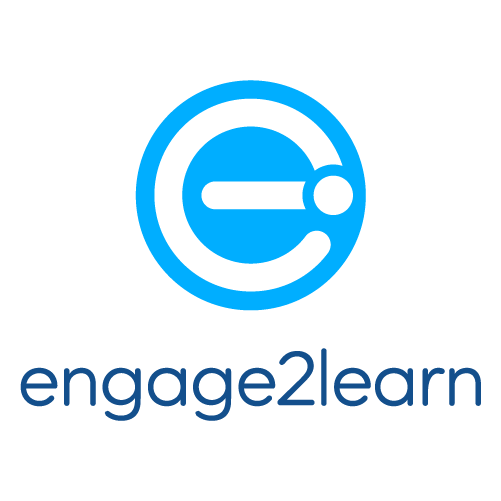Dive Brief:
- A nonprofit organization that works with K-12 schools to prepare students for jobs in careers such as computer science, engineering and biomedical science hopes to give employers and higher education institutions some data on whether students are gaining so-called “soft skills.”
- This fall, high school students participating in Project Lead the Way (PLTW), which provides STEM curriculum and professional development for teachers, will take an assessment that measures both “in-demand skills and subject-matter knowledge,” according to a press release. “This assessment is one of many ways we are working to close the skills gap and help students achieve lifelong success on any career path they choose,” Vince Bertram, the president and CEO of PLTW and the former superintendent of the Evansville Vanderburgh (Ind.) School Corporation.
- Students will have the option of submitting their scores as part of college admission materials or for applications for jobs, internships or other career-focused opportunities. The organization worked with companies such as Salesforce and FedEx — as well as experts at Vanderbilt and Duke universities, and the U.S. Department of Labor — to develop the assessment.
Dive Insight:
Multiple reports in recent years have highlighted concerns from the business sector that today’s high school graduates lack the communication, collaboration and critical thinking skills they need even for entry-level jobs. This test is an attempt to help students demonstrate that they are prepared for college or a career. Positive results from such an assessment can boost the confidence of a student who works well as part of a team or never turns in late work, but might not have the advanced math, science or technical skills they think they need for a career in a STEM field.
But as with any assessment, there are questions over how the results will be used and shared. The same issues exist with social-emotional competencies, which mirror soft skills, such as in the area of interpersonal relationships. While educators and researchers are intrigued by the ability to track, for example, students’ time management skills or qualities such as persistence, they warn against incorporating any of those measures into systems that grade or rate schools for accountability purposes.






 Dive Awards
Dive Awards






